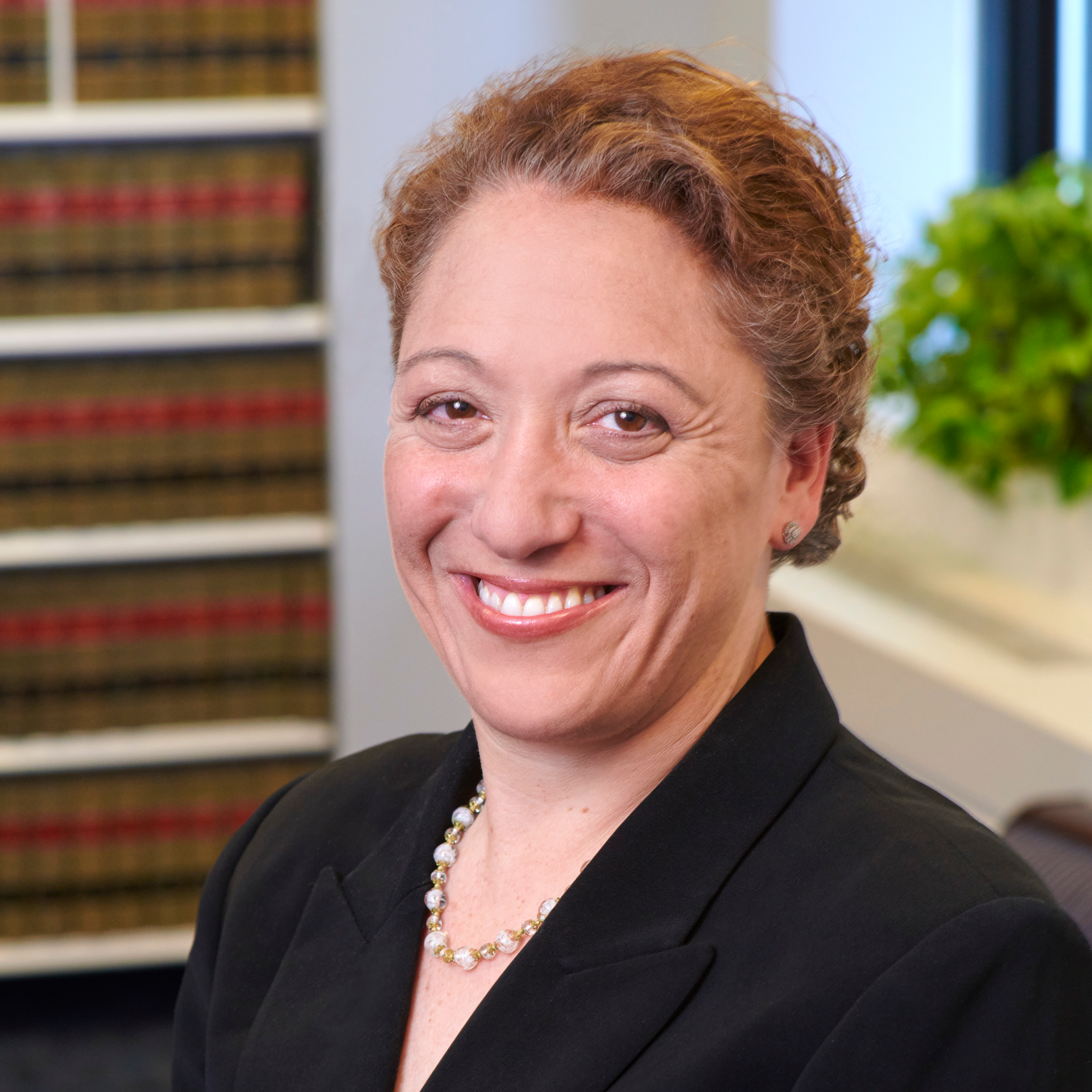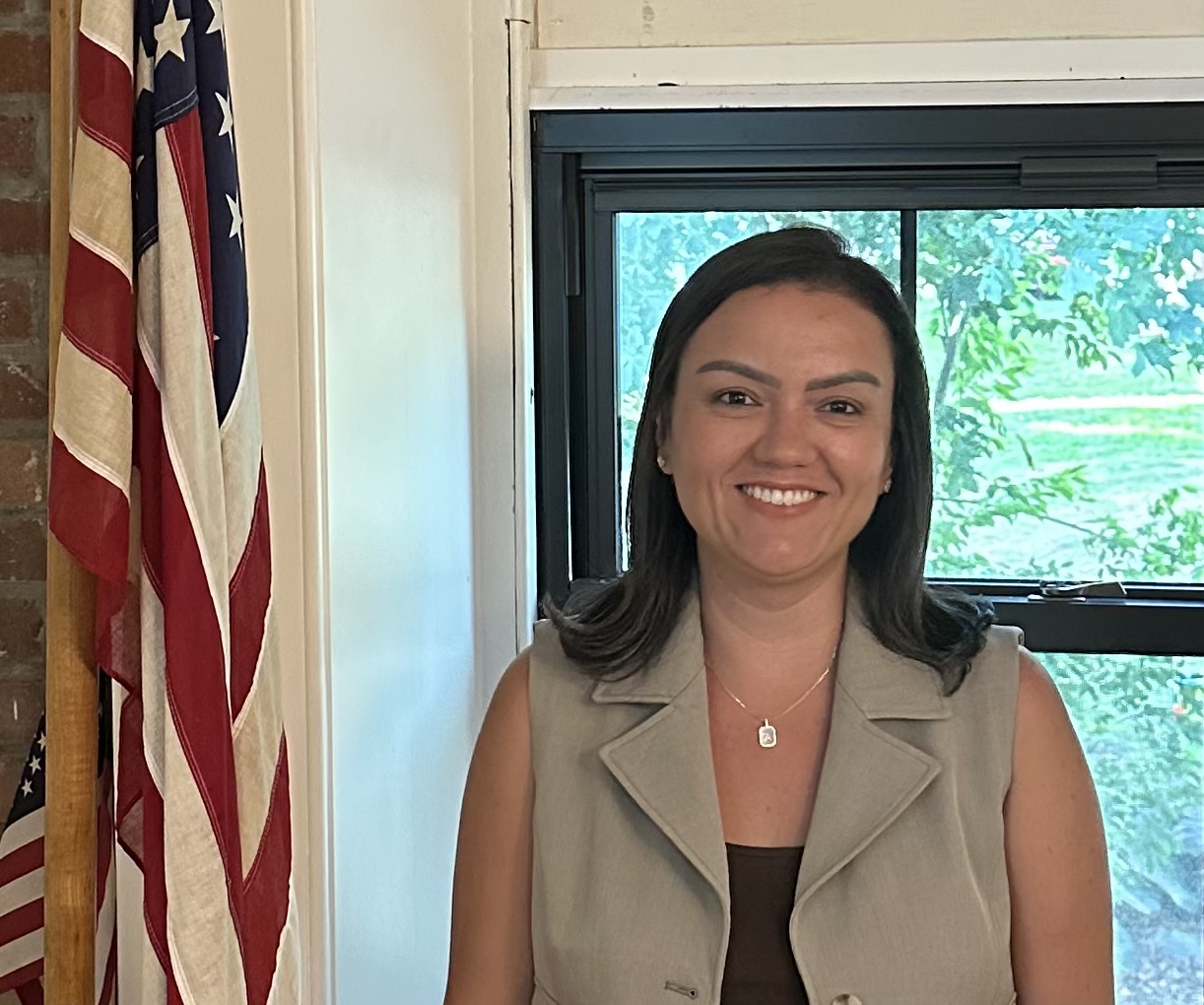Sonya Barbosa
sonya.barbosa@swanseaschools.org
Term expires 2026
The Swansea School Committee is a legislative body comprised of five members elected for three-year terms at the Town Election in April, whose primary responsibility is to:
oversee the annual school budget
develop school system policies
hire and review the performance of the school system Superintendent
advocate for the school system with citizens and Town Government
The School Committee is responsible for setting priorities (through the budget) and for establishing local policy to ensure that the schools are properly run in accordance with state law and regulations.
School Committee reorganization takes place yearly, at the April meeting following town elections.
Current composition of the Swansea School Committee is as follows:





Roles and Responsibilities
for School Committee and Superintendents
Those who govern and administer for the Commonwealth's public schools must share a vision, a clear purpose, and the ability and courage to lead.
Communication is the centerpiece of effective school committee-superintendent relationships and is the foundation that will nurture a climate conducive to growth. When roles are clear and relationships are sound, communities feel a sense of confidence in their school leadership, which in turn, enhances the education of all students in the community.
Strong collaborative leadership from school committees and superintendents must be a driving force in dealing with the direct and indirect challenges facing our society and our schools. A superintendent must display excellence as an educational leader, be politically sophisticated, aware of and active in legislative developments, possess an extensive knowledge of federal and state laws, and personify effective communication.
A school committee must be responsive to its constituencies in goverance, sensitive to the diverse needs of all learners, an advocate for students and learning before the people of the community and, as such, a vigorous ambassador for public education before all citizens.
Procedures, determined locally in each school system, should be reviewed annually to assure compliance with current policy.
Harmonious and productive relationships between school committees and superintendents will flourish if two-way communication is established and maintained. Such teamwork will work to enhance and improve the Commonwealth's schools, enriching the lives of all Massachusetts students.
After reviewing American Association of School Administrators and National School Board Association documents regarding clear roles and responsibilities for school committees and superintendents, the Center for Public School Leadership has merged educational reform and Massachusetts Department of Education guidelines to create a document reflective of current school governance in Massachusetts. It is our hope that this document will provide a starting point for local discussion of these important issues.
Policy
Establish and periodically review educational goals and policies for the schools in the district, consistent with the requirements of law and the statewide goals and standards established by the Board of Education. This is the primary role of the school committee. Policies should be reflective of the fact that the school committee has oversight of and responsibility for the school system, the direction in which the system must go and establish criteria to determine if its goals and policies are being met.
Finance
Review and approve a budget for education in the district according to a process and timeline developed with the superintendent.
Work to ensure that necessary funds are appropriated for the district and that a balance is maintained between needs and resources in the distribution of available monies.
Oversee the operation of the annual school budget.
Staffing
Hire the superintendent.
Appoint the assistant/associate superintendents, school business administrator, administrator of special education, legal counsel, upon recommendation of the superintendent. Consent to hiring based on the superintendent's recommendation should not be unreasonably withheld.
Set compensation for the superintendent and overall compensation limits for assistant/associate superintendents, school business administrator, administrator of special education, legal counsel, school principals, and other administrators not assigned to particular schools.
Prescribe additional qualification for educator positions, beyond basic certification.
Discipline or terminate the employment of the superintendent, in accordance with state law and the terms of the contract of employment.
Collective Bargaining
Act as employer of school employees for collective bargaining purposes.
Designate a negotiator or negotiating team.
Receive advice from superintendent about educational consequences of bargaining positions.
Performance Standards
Establish, upon the recommendation of the superintendent, the performance standards for teachers and other employees of the school district.
Evaluate the performance of the superintendent.
Conduct self-evaluation of the committee's effectiveness in meeting its stated goals and performing its role in public school governance.
Professional Development
Adopt a professional development plan for all principals, teachers and other professional staff employed by the district.
Provide and encourage resources for school committee professional development programs that will enable school leaders to have the knowledge and skills required to provide effective policy leadership for the school system.
School Councils
Review and approve annual school improvement plans for each school in the district.
Provide and encourage resources for school council professional development programs that will enable council members to have the knowledge and skills requrired to provide effective educational leadership.
Advocacy
Engage in advocacy on behalf of the students and their schools and promote the benefits of a public school system to the community.
Work closely, when appropriate, with other governmental agencies and bodies.
Collaborate with other school committees through state and national school committee associations to let state legislators, members of Congress, and all other appropriate state and federal officials know of local concerns and issues.
Curriculum
Approve major adoption or revision of curriculum and textbooks upon recommendation of the superintendent.
Governance
Establish educational goals and policies for the schools in the district, consistent with the requirement of law and the statewide goals and standards established by the Board of Education.
Delegate the superintedent other responsibilities for all administrative functions.
Act only as a body as prescribed by law and not as individual members.
Communication
Support the development and promotion of the vision, mission, goals and strategies of the school system.
Review, prior to all school committee meetings, the infromation provided by the superintendent and when possible communicate any questions or concerns to the superintendent prior to the meeting to provide an opportunity for a response.
Consult and confer with the superintendent on all matters as they arise that concern the school system, and for which the school committee may take actions.
Maintain open communication between the community and the schools by scheduling public meetings on a regular basis.
Support the superintendent in all matters that conform to committee policy.